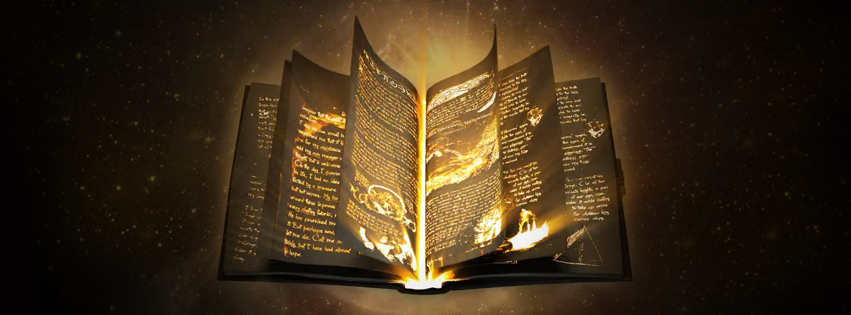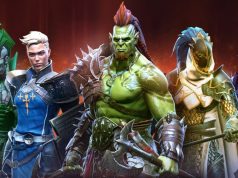The Malaysia Cyber Games finals are happening this Dec 12-13 at Stadium Negara, with the biggest hype surrounding the selection of Malaysia’s first nationally-backed e-sports team.
Team Taring will see the winning team being officially anointed as national representatives to upcoming regional and international championships.
With e-sports growing in international acceptance and even making it to our local cinemas and paid-TV, it makes sense for our national youth and sports ministry to adopt e-sports in our portfolio, no?
On paper, sure, it looks good, but there are a few realities about both e-sports and Dota two itself that need to be addressed.
Dota 2 and its inbuilt chaos
Valve has tried to not be too much of a “nanny” when it came to organising Dota 2 tournaments, preferring a more free market, hands-off approach. This is in contrast to how rival MOBA League of Legends (LoL) is run by Riot, who has a firm control of the professional league, even giving stipends to teams to help professionalise the sport.
The current competitive setup is not regulated, with various sponsor-led tournaments being held all over the world, sometimes at the same time. This leads to events where the major teams are spread out over different competitions. Valve’s hands-off approach also means there isn’t a proper set of standards for tournaments, meaning players will have no idea whether the one they’re going to will be well-run or not.
After criticism over the lack of a set calendar for Dota 2 games, Valve in response has added more of its own tournaments besides the regular The International (TI). An additional three Valve-sponsored tournaments will be held around the world, and teams participating will be required to adhere to limited roster trade periods during the year.
It’s a start but until that is properly put in place, Team Taring will have to face a rather confusing array of tournaments to choose from.







